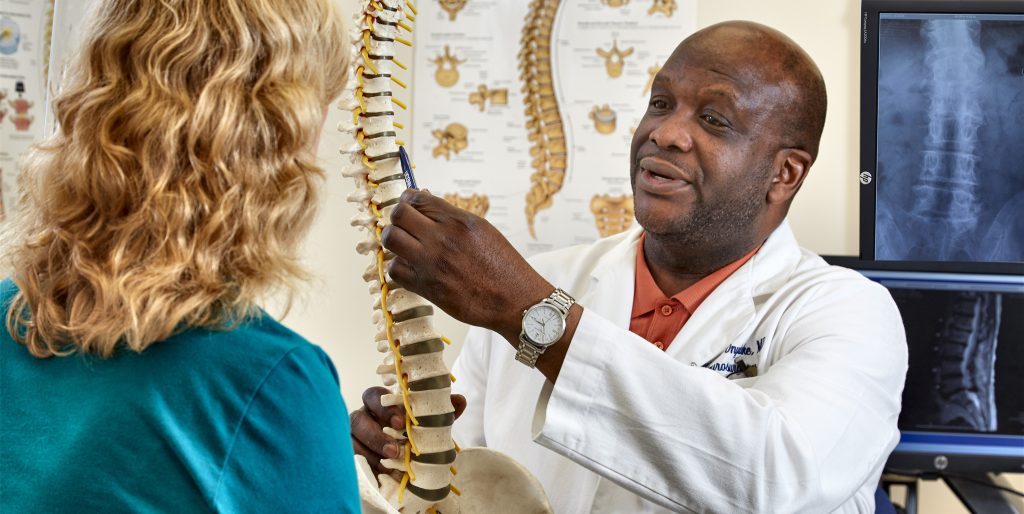How to Choose the Right Doctor
Need a new doctor? It’s important to find someone you trust and feels like a good match for you. Here are a few tips to help in your search and some questions to ask. Remember – an educated patient is an empowered patient.
Check Credentials
Each state has an agency charged with keeping its residents safe through licensure and regulation of medical providers. This agency is a good place to begin your research into prospective physicians. For example, if you live in Connecticut, you can turn to the Connecticut Medical Examining Board for information.
Many health insurance plans provide their members with information about participating physicians, including their education, professional background, and specialty certifications.
Each medical specialty has governing bodies that maintain educational standards and evaluate the qualifications and knowledge base of their physicians. For example, information on orthopedic surgeons can be found through the American Board of Orthopaedic Surgery and the American Academy of Orthopaedic Surgeons. Many specialties are further broken down into sub-specialties that also have organizations that provide physician information to patients. For example, you can research foot and ankle surgeons, hand surgeons, sports medicine specialists, and spine surgeons.
Get a Referral
Your primary care doctor is a great source of information and he or she may be able to recommend a specialist. If you face a complicated or unusual problem, ask for the name of a recognized expert or search medical literature to find an expert who has published major articles about your problem. Reach out to that expert and ask for the recommendation of a specialist in your area.
Recommendations from friends, families, and co-workers can also be a good way to get a referral. Be sure to ask them specifics such as the doctor’s bedside manner, the office experience, availability of staff, ease of booking an appointment, and, if it is a surgeon, the outcome of any surgeries.
Always take a look at the hospital(s) where your prospective doctor operates or admits patients. How is the quality of the hospital? The best hospitals tend to attract the best doctors.
Five Important Questions to Ask
- Are you comfortable talking to your doctor? Do you feel comfortable asking all of your questions and opening up to your doctor? In order to have a good experience, you should be able to effectively communicate your concerns.
- Does your doctor answer all of your questions? In order to be satisfied with your doctor, he/she should answer all of your questions and provide information in a way that you understand.
- Is the office responsive? If you call your doctor's office, do they respond in a timely manner?
- When surgery is involved, does your doctor perform the procedure regularly? Studies suggest that experience leads to higher success rates and fewer complications. When selecting a surgeon, remember that caseload may be more important than a surgeon's age. An analysis of Medicare data for nearly 461,000 patients found that surgeons over age 60 who continued to maintain high surgical caseloads had outcomes comparable to surgeons ages 41 to 50.
- Have you asked the hard or uncomfortable questions? Ask direct questions. You should not be worried about offending your doctor. It is okay to ask:
- Are you board certified?
- Do you feel comfortable performing this procedure?
- What complications have you encountered?
- Should I see a doctor who is more specialized?
- Can I get a second opinion?


[…] מידע על מציאת רופא מומחה אורטופד ברכיים ספורט […]